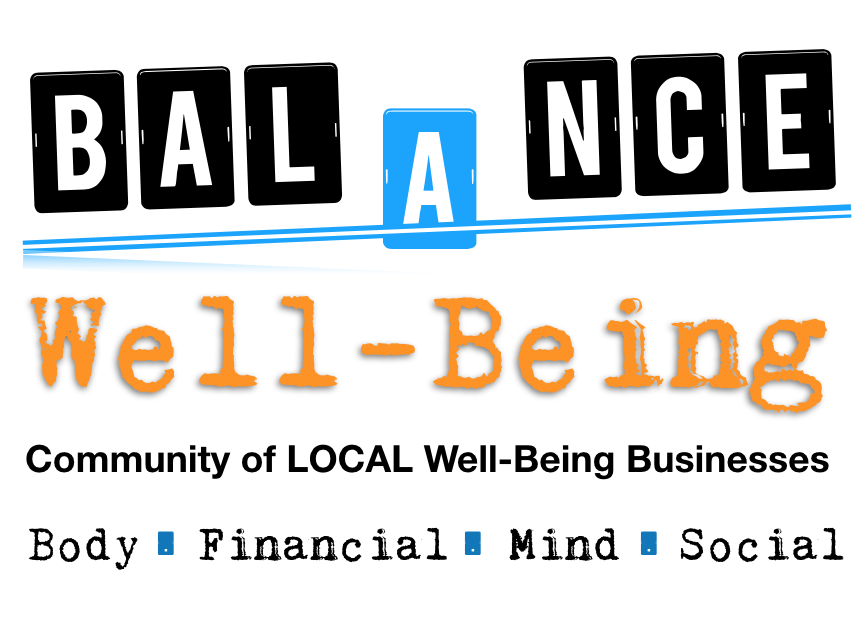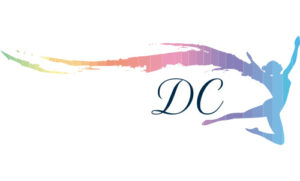 Dale Choquette has run a dozen marathons and she is still running on full. This is not surprising when you consider that Dale is a Certified Master Trainer in Human Relationships with more than 20 years’ experience in corporate and professional development, and has worked with a vast array of teams ranging from a martial arts dojo to large organizations. It also makes perfect sense when you realize that her focus is on teaching her clients to gain what they need to cross their finish lines: personal insight.
Dale Choquette has run a dozen marathons and she is still running on full. This is not surprising when you consider that Dale is a Certified Master Trainer in Human Relationships with more than 20 years’ experience in corporate and professional development, and has worked with a vast array of teams ranging from a martial arts dojo to large organizations. It also makes perfect sense when you realize that her focus is on teaching her clients to gain what they need to cross their finish lines: personal insight.
Also a veteran speaker and the author of Excuse me, I’m Being Audacious, Dale’s understanding is clear and broad: all success is built on healthy human relationships, relationships are built on effective communication, and effective communication requires a keen insights into how the interplay of different personalities works — and what to do when it doesn’t. Most importantly, she understands that leadership is an inside job; it’s about knowing oneself and leading oneself.
Dale uses a variety of powerful tools — emotion intelligence assessments, discovery reports, group workshops, and one-on-one conversations — to uncover clients’ strengths, styles, and blind spots. Also experienced in helping couples reconnect to their true selves, restore their romance, and move forward, she works from the premise that all endeavours, whether in work or personal relationships, are marathons that we run together.
I was eager to get to know more about Dale and the work she does.
You have identified a powerful thread connecting work and personal relationships: the need for effective communication. People don’t always listen well to one another, in my experience. Why is that?
First of all, because we all have different personalities we all “hear” differently. From my own experience, I know we all say things that sound fine to us, but the other person can hear it very differently from what we intended.
Secondly, there are seven types of listeners. For example, some people continue to do something while someone is speaking to them. Others may be daydreaming, and so on. That’s also a part of our personality style.
Thirdly, and maybe easier to understand, so many of us are focused on how we want to answer a question or what we want to say next. We may even be thinking of something else and not focusing on what the other person is saying. We don’t stay present in the conversation.
What drives you to do what you do? And when did you leave the corporate world and go out on your own?
When I was in the corporate world I was often angry and frustrated with co-workers. I just wanted to get along better with them and understand them. That’s why I got trained in the model of human behaviour. It changed my world, especially my relationship with my husband.
I left the corporate world thirteen years ago, but it wasn’t by choice. I was in the pharmaceutical industry and the company downsized worldwide. However, it was what I needed to allow me to do what I do today: helping businesses and their teams play nicely together. All the tools you mentioned are what I use to increase communication and understanding amongst team members, which brings a more positive environment and results in higher personal productivity and performance.
Let’s talk about performance. I like the story you tell on your website about inspiring other runners, and the parallel you draw between running a marathon and running a business — especially that marathons are actually team sports. How has your understanding of this analogy influenced your approach with your clients?
For me to complete a marathon, it takes a team behind me. They’re my support. It’s the friends who cheer me on, the people I train with, and my husband, who drove five kilometres ahead of me with water so I wouldn’t have to carry a water bottle. Long runs can be a mental challenge, so it’s also the physiotherapist who keeps me moving.
When I work with a team, I look at who’s on the team, which team member is the one that would be the first one to run up the hill when running marathon, and who do we want on the sideline cheering. It’s about ensuring that each team member is in the right place on the team. For example, one of my clients moved one of his engineers to the sales team because that’s what he was really good at. The first thing I do is just ask them to talk about their team and what’s going on. Everything else flows from that.
I am intrigued by your discovery reports; they sound fun. Generally speaking, what are some of the most surprising personal revelations clients have had?
One is that their two graphs are different. One graph reflects their nature, or who they are at the core. The other graph is their environment graph, which reflects how they’ve learned to adapt in the world.
One of the biggest revelations I see is what they learn about their coworkers, spouses, or their children. I often hear “oh, that’s why they’re like that.” I love it when they get these “a-ha” moments.
Elaborate on the quotients of this formula: PQ + LQ + EQ = SQ.
This is my flagship program.
PQ is your personality quotient. It’s where we start. It’s where you discover who you are and why behave the way you do. Through the assessment you discover your personality style and identify others’ styles.
LQ is your leadership quotient or what type of leader you are. Many people tell me they’re not a leader. But for anyone who’s a parent, you are a leader. So here is where you go deeper into how you work with other people.
EQ is your emotional quotient. It’s your emotional intelligence. It’s about your self-awareness, how you use emotions to make decisions, solve problems, and interact with people. Here is where you get to work on those skills you want to develop.
SQ speaks for itself. It’s your success quotient. You’ve heard that eighty percent of your success comes from your people skills? That’s what the formula is all about: achieving success.
One expression of yours stuck with me: “preferred appreciation style.” How important is this in your work?
It’s one of the workshops I have. Showing sincere appreciation is very important, whether it’s in the workplace or at home. It’s a basic need, and I believe we all want to know that what we do is appreciated.
I like that you have included the word “sincere.” Are there personality styles that are less receptive to appreciation, or ones less inclined to give it?
Yes, there are. Oftentimes people who have a cautious or analytical style have a more difficult time accepting appreciation. The supportive personality style wants appreciation but doesn’t like it done publicly. The dominant personality style has a tendency not to give appreciation because for them it’s all about the task and getting things done. That question is how to show that appreciation in a way that they find acceptable. If it isn’t sincere, the other person will see right through it.
And what is your appreciation style?
I have a primary one and a secondary one. One of them is receiving gifts. I’ll let people guess which of the two that one is.
Share something more about yourself: a fun fact, an amusing anecdote, or an interesting insight.
I’ve done three fire walks. The first time it was during a boot camp I attended. I’d seen them building the lanes and thought, “They’re not really going to make us do this.” Turns out, they did. Well, I liked it so much, I wanted to do it again. I had that chance when my husband and I went back to volunteer at the same camp — twice. It’s an incredible experience.
Dale Choquette, CPP, DTMPractical Advice for Courageous LeadersMaster Trainer in Human RelationshipsIs your team running the race to win?
 Tom Kernaghan, owner of Oak Writer
Tom Kernaghan, owner of Oak Writer
I write stories about people, businesses, and communities so that people will remember what makes them uniquely powerful.
Tell me your story!
(250) 863-6297
oakwriter.com

